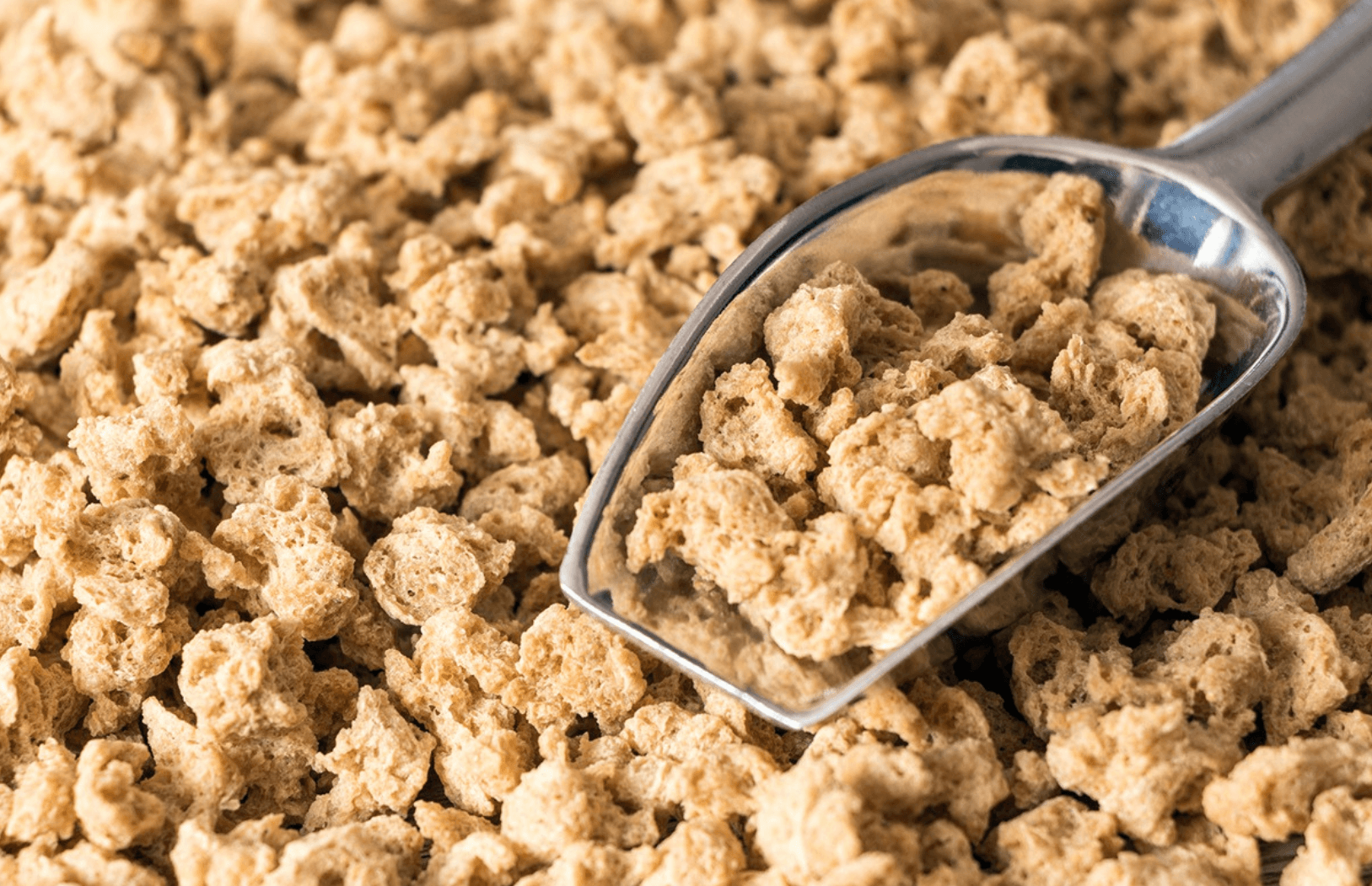The Secret to a Healthy Gut? It's on Your Plate!
Are you feeling sluggish, battling unexpected health issues, or simply not performing at your peak?
The answer might lie closer than you think: your gut! Increasingly, gut health is being recognised as fundamental to our overall well-being, influencing everything from immunity to mood. But what's the real secret to a thriving gut microbiome? It’s not a magic pill, but the diversity of what’s on your plate.
Modern scientific research, particularly in the last two decades, has dramatically expanded our understanding of food and its profound effects. We now know that our bodies interact with tens of thousands of molecules in a single meal, affecting our genome, epigenome, and especially our microbiome. The fascinating revelation from microbiome research is that the sheer number of different species of microbes populating your gut is a direct indicator of health. The more diverse your gut flora, the healthier you are likely to be.
So, how do we cultivate this crucial diversity?
Simple: by eating a diverse range of foods. This isn't about chasing the latest "superfood" trend, but about embracing variety. Experts now suggest aiming for at least 30 different plant species in your diet each week. This powerful connection – from a diverse environment to your plate, then to your gut, and finally to your overall health – is a beautiful, holistic cycle that The University of Transdisciplinary Health Sciences and Technology (TDU) deeply understands and champions.
TDU's pioneering Food Futures Program is anchored in the belief that food is central to solving the world’s most pressing challenges. Beyond individual health, food choices impact societal well-being and the planet's health. With approximately 70% of diseases linked to our food choices, and global issues like livelihood sustenance (60-65% of India's population relies on food for income) and environmental degradation (60% of habitable land and 90% of fresh water used by food systems, 20-30% of greenhouse gases from food) heavily tied to food, a comprehensive approach is vital. TDU views food as the "first solution" to these interconnected global health problems.
At the heart of TDU’s unique approach is transdisciplinary thinking, which synthesises vastly different knowledge systems. Imagine bringing ancient traditional wisdom, like Ayurveda’s concept of six 'rasas' (in-mouth experiences – sweet, sour, salt, bitter, pungent, astringent) for every meal, together with cutting-edge modern nutrition science. This holistic perspective informs TDU’s research, spanning systems thinking, design thinking, and wellness and health thinking that considers the long-term impact of food choices.
The Food Futures Program isn't just theoretical. Students engage in experiential learning in state-of-the-art facilities, including 15 laboratories, pilot plants, and a research kitchen described as superior to those of Michelin-starred restaurants. Here, students gain hands-on experience with advanced equipment, learning about functional food development (addressing protein sufficiency, metabolic health, brain health, and critically, gut health) and Indian Culinary Science and Personalized Nutrition. A core focus is on enhancing diet diversity by reintroducing forgotten foods and wild edibles through initiatives like their micro food forest featuring 75 species.
This is truly an exciting time to be involved in food sciences. For students and parents considering future-oriented careers, TDU offers Bachelor of Science (BSc) and Master of Science (MS by research) programmes in Food Science, Processing, and Innovation, alongside PhD opportunities.
Eligibility prioritises student interest and motivation, with bridge courses provided as needed. Graduates are well-prepared for diverse careers in the evolving food industry, higher education, or even entrepreneurship, supported by TDU’s extensive industry connections and infrastructure. Students even participate in impactful outreach programmes, tackling national challenges like anemia.
If you're passionate about global issues, health, sustainability, or innovative food solutions, discovering the Food Futures Program at The University of Transdisciplinary Health Sciences and Technology could be your next step. Learn how you can contribute to a healthier future, one plate at a time.
Watch the full podcast featuring Dr. Gurmeet Singh as he unpacks how food intersects with health, ecology, and innovation — and explore the Food Futures programmes at TDU, where tradition meets technology to shape tomorrow’s food systems - https://youtu.be/J8aBcGr8ZIo?si=3W_Oli2c0Xb2zzoO
International Environmental Education Day (January 26)
Jan 23, 2026
On International Environmental Education Day (January 26), we are reminded of a powerful truth: The future of our planet depends on what and how we teach today.
Read more
TDU VC Darshan Shankar pays tribute to Prof. Madhav Gadgil
Jan 9, 2026
Read more
Rethinking Periods: When Did Rest Become Restriction ?
Jan 8, 2026
Menstruation is one of the most natural processes of the female human body, yet it remains one of the most misunderstood. Across cultures-especially in India-it has been surrounded by silence, shame, and countless restrictions.
Read more
When a Baby Cries, the Body Speaks – Learning to Understand Your Child’s Silent Language
Jan 8, 2026
Children are often called a gift from God. When a baby is born, it feels like receiving a blessing
Read more
Plant Imperialists : The destructive case of Lantana camara
Jan 8, 2026
British gardening enthusiasts brought Lantana camara, a shrubby plant with spectacular inflorescence, to Kolkata around the 1800s. Surely, they enjoyed having colourful flowers around them and hoped to feel less homesick while they mass-occupied Indian land
Read more
Are Mock Meats Just a Modern Fad ?
Jan 8, 2026
“Mock meats” or meat analogues are often dismissed as a bizarre trend by many and countless memes have spawned from the internet’s apparent disdain for mock meats and their consumers.
Read more









